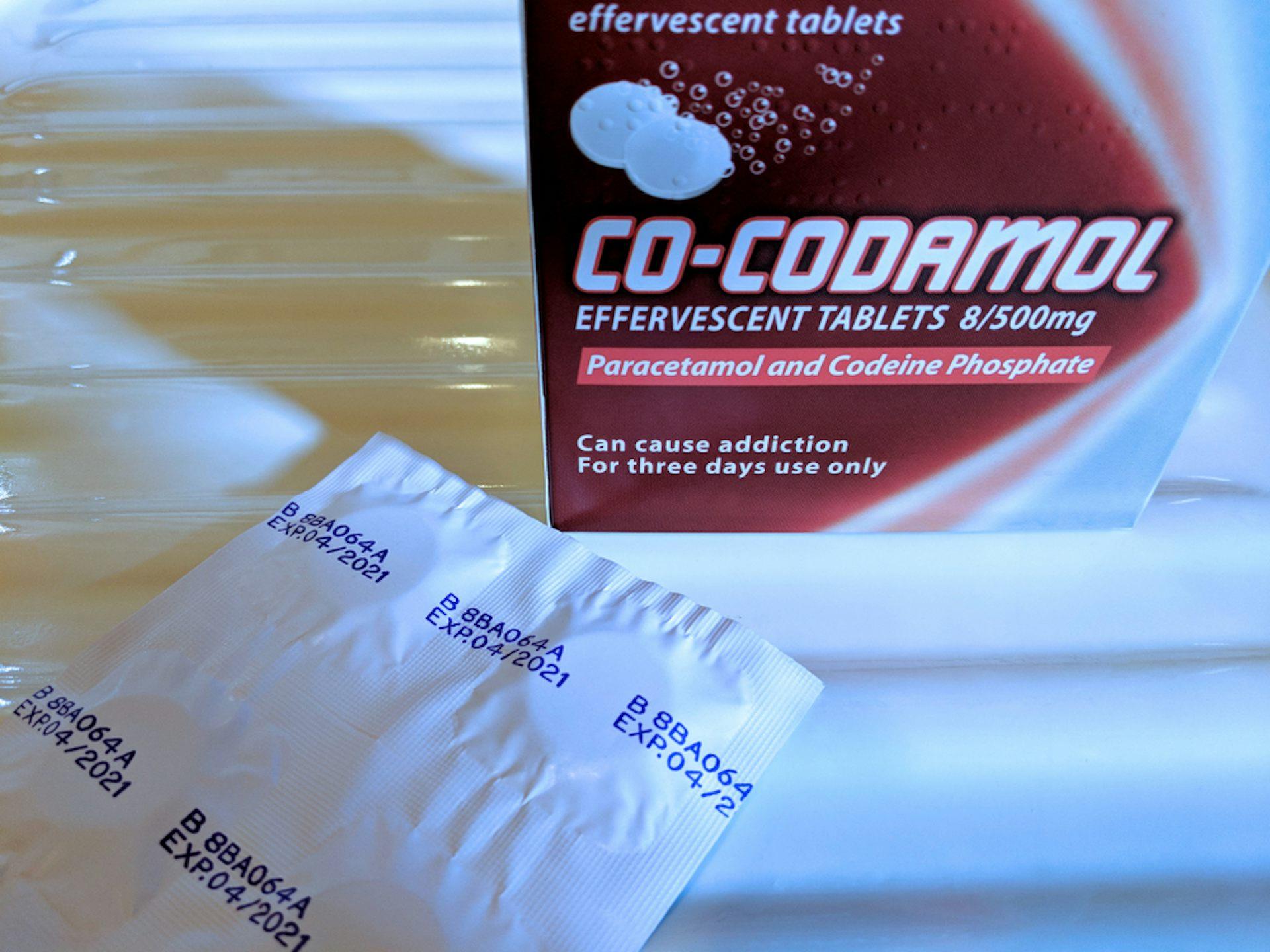
Could Pain Medication Be Causing Your Headaches?
Over 10 million people in the UK regularly get headaches, making up about one in every 25 visits to a GP. Most headaches are harmless and not a sign of a serious problem. Although many people worry they might have a brain tumour, less than 1% of those with headaches actually do.
Read more: What Davina McCall's colloid cyst removal can tell us about brain tumours
Because there are so many possible causes of headaches, GPs must play detective. A detailed medical history and examination are essential, sometimes followed by specialist referral.
The challenge lies in determining whether a headache signals a serious underlying cause, or is benign. Even benign headaches, however, can greatly affect a person's daily life and still need proper care.
Treatment depends on the type of headache. For example, migraines may be treated with anti-sickness medicine or beta blockers, while headaches related to anxiety or depression might improve with mental health support. Lifestyle changes, such as dietary changes and exercise, can also help manage many types of long-term headache.
However, doctors often see another type of persistent headache that has a clear pattern. Patients report getting repeated headaches that started or got worse after taking painkillers regularly for three months or longer.
This can happen in people with migraines, tension headache, or other painful conditions like back or joint pain. Some may take several types of medication, often more and more frequently, and end up stuck in a frustrating cycle that doesn't seem to make sense at first.
The probable diagnosis is medication-overuse headaches. This condition is thought to affect about 1–2% of people and is three-to-four times more common in women.
The culprit is often the painkillers themselves. Opiates like codeine, used to treat moderate pain from injuries or after surgery, come with a long list of side-effects including constipation, drowsiness, nausea, hallucinations – and headaches.
It's not just strong opiate-based medications that can cause headaches. Common painkillers like paracetamol and NSAIDs (non-steroidal anti-inflammatories, such as ibuprofen) can also play a role. Some medications even combine paracetamol with an opiate, such as co-codamol.
Paracetamol has a simpler side-effect profile compared with drugs like codeine. When taken within the recommended daily limits – which depend on age and weight – it is generally a safe and effective painkiller. This has contributed to its widespread use and easy availability.
However, taking more than the recommended dose or using it too often can be very dangerous. This can lead to serious – sometimes fatal – complications, such as liver failure.
Even though side-effects are less common, studies have shown that regular use of paracetamol alone can also trigger chronic headaches in some people.
Other drugs besides painkillers can also cause problems. Using triptans too often – medications to stop migraine attacks – can also lead to medication-overuse headaches.
The term“overuse” might make it sound like patients are taking more than the recommended daily dose, which can happen and brings its own serious risks. However, in many cases of medication-overuse headaches, patients are neither exceeding dose limits nor taking the medication every single day.
For paracetamol or NSAIDs, medication-overuse headaches may develop if they are taken on 15 or more days per month. With opiates, headaches can appear with even less frequent use – sometimes after just ten days a month.

The very drugs used to treat your headaches could be making them worse. Eddie Jordan Photos/Shutterstock
That's why it's important to talk to a doctor if you need to use any painkiller, even over-the-counter ones, for a long time. Not everyone will develop medication-overuse headaches, and the risk seems to differ from person to person, meaning individual susceptibility plays a big role.
TreatmentTreating these headaches can be challenging. It's often hard for patients to recognise on their own that their medication is causing the problem. The usual approach involves gradually stopping the medication under guidance, eventually stopping it completely.
This can seem unfathomable to patients, especially since they expect painkillers like paracetamol to relieve their headaches. Some worry their pain will get worse as they cut back. That's why working closely with a doctor is essential – to confirm the diagnosis, monitor progress and plan the next steps in treatment.
If you're having headaches on more than 15 days a month, it's important to see your GP. Talking it through can help identify underlying causes and explain these often debilitating symptom patterns. Keeping a headache diary – noting symptoms and daily details – can also support the diagnosis.
Why some medicines, especially painkillers, can make headaches worse isn't fully understood. However, it's important to be aware of this now well-established link and seek medical advice.
Only when some patients stop taking certain medications altogether do they discover the uncomfortable truth: that their pain was being fuelled by the very drugs they depended on.

Legal Disclaimer:
MENAFN provides the
information “as is” without warranty of any kind. We do not accept
any responsibility or liability for the accuracy, content, images,
videos, licenses, completeness, legality, or reliability of the information
contained in this article. If you have any complaints or copyright
issues related to this article, kindly contact the provider above.

















Comments
No comment